Work plan
Table of Contents
Table of Contents
In the world of project management, a work plan is essential for success. It helps to keep everyone on track and focused on the end goal. But, for some people, the idea of creating a work plan is daunting. Where do you start? What do you include? How do you make sure it’s successful? In this post, we’ll cover all the basics of how to draw a work plan, so that you can confidently tackle your next project.
The Pain Points of Drawing a Work Plan
There are many pain points associated with creating a work plan. For one, it takes time and effort to develop a comprehensive plan that will actually work. Additionally, it can be difficult to determine which tasks are the most important and require immediate action. Finally, getting buy-in from stakeholders and team members can be tough, as they may not see the value in creating a work plan.
Answering the Target of Drawing a Work Plan
The first step in drawing a work plan is to define your goal. What do you want to achieve? What are your project objectives? Once you have a clear vision of your goal, break it down into manageable tasks. Determine which tasks are essential to the project’s success and which can be postponed or delegated. With these tasks in mind, create a timeline for completing each one. Be sure to include checkpoints and milestones to measure progress along the way. Finally, communicate your plan with all stakeholders and team members to ensure everyone is on the same page.
Main Points Related to Drawing a Work Plan
When drawing a work plan, it’s important to keep in mind the following main points: define your goal, break it down into manageable tasks, create a timeline, measure progress with checkpoints and milestones, and communicate your plan with stakeholders and team members. By following these steps, you’ll be well on your way to a successful project.
Personal Experience with Drawing a Work Plan
I recently led a project to launch a new product. Drawing a work plan was crucial in keeping everyone on task and making sure we hit our launch date. We defined our goal as launching the product by the end of the quarter and broke it down into tasks such as product development, marketing strategy, and sales outreach. With a clear timeline in hand, we were able to work efficiently and hit our launch date without any major issues.
Tips for Drawing a Work Plan
Here are some additional tips for drawing a work plan:
1. Start with your end goal in mind
Know what you are trying to achieve and define success criteria for your project. This will help you stay focused on what really matters throughout the project.
2. Break it down
Break your goal into manageable tasks to help you stay focused and on track. Each task should be specific, measurable, achievable, and relevant to your project goal.
3. Identify dependencies
Identify tasks that need to be completed before others can begin. This can help you avoid delays and stay on track with your timeline.
4. Assign responsibility
Assign tasks to responsible team members or stakeholders. This can help to ensure accountability and keep everyone on task.
Question and Answer
1. What should be included in a work plan?
A work plan should include a clear goal, a timeline, assigned tasks, checkpoints and milestones, and measures of success.
2. How do I ensure buy-in from stakeholders?
Communicate your plan clearly and explain the benefits of drawing a work plan. Show stakeholders how it will help to achieve the project goal and address any concerns they may have.
3. Should a work plan be rigid or flexible?
A work plan should be flexible enough to allow for changes and adjustments as needed, but also structured enough to ensure that everyone stays on track.
4. How often should I update my work plan?
You should update your work plan regularly, either weekly or monthly. This will help you track progress, adjust timelines, and ensure that everyone is on the same page.
Conclusion of How to Draw a Work Plan
Drawing a work plan may seem daunting at first, but by following a few simple steps and tips, it’s possible to create a plan that will help you achieve your project goal. Remember to define your goal, break it down into manageable tasks, create a timeline, measure progress, and communicate your plan with stakeholders and team members. By doing so, you’ll set yourself up for success and ensure that your project stays on track.
Gallery
Work Plan - 40 Great Templates & Samples (Excel / Word) - Template Lab
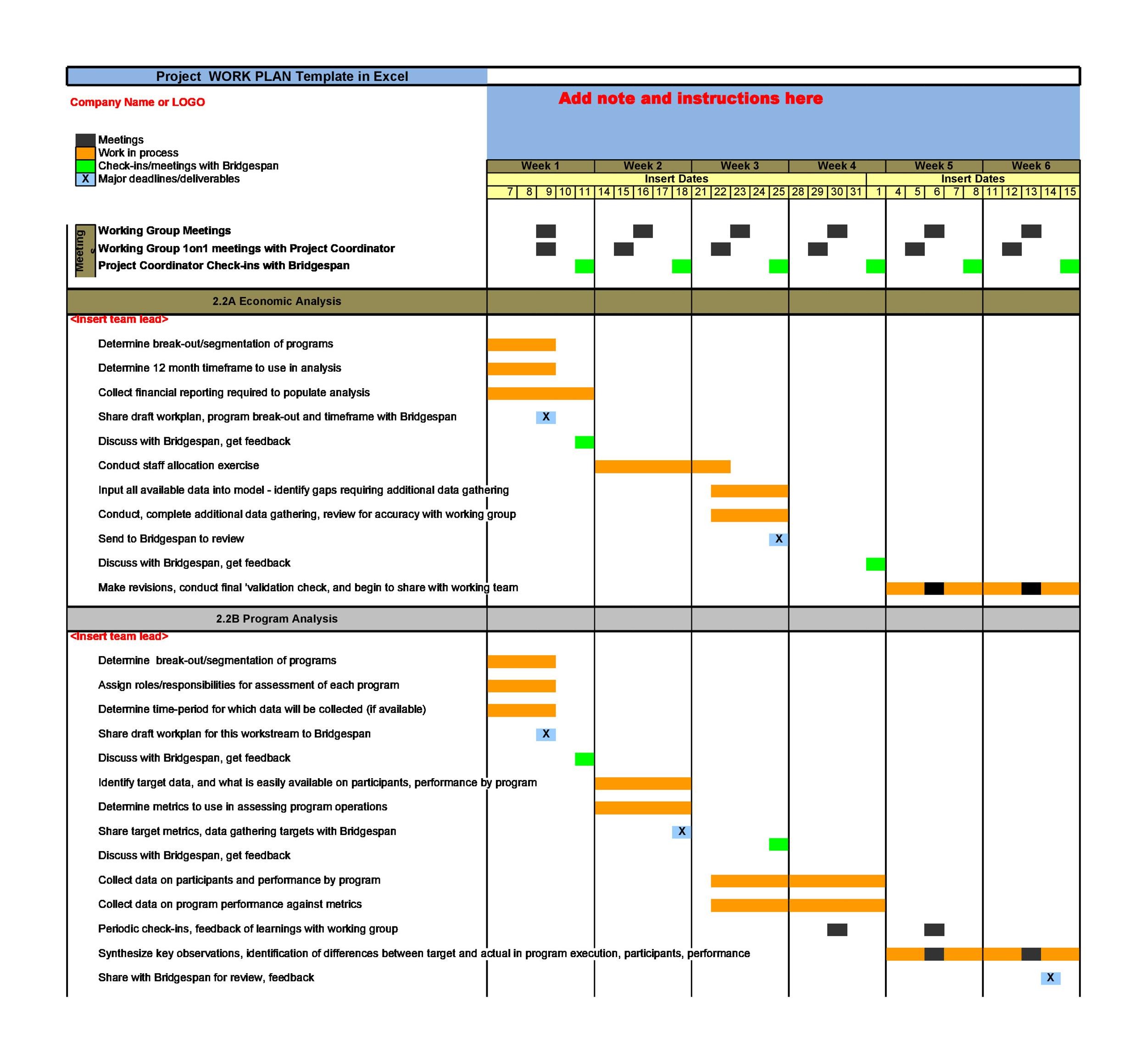
Photo Credit by: bing.com / schedule
Work Plan - 40 Great Templates & Samples (Excel / Word) - Template Lab
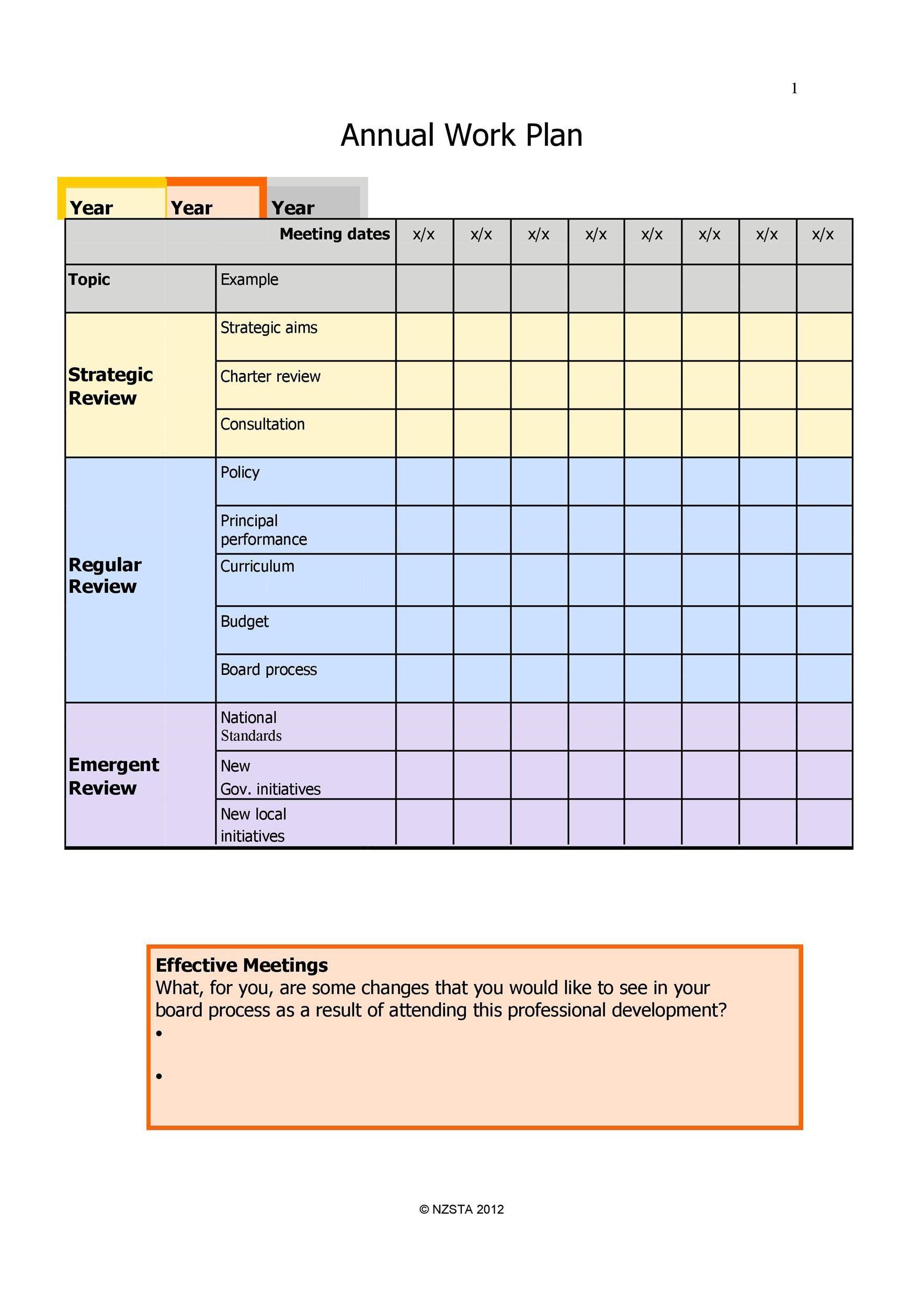
Photo Credit by: bing.com / templatelab u0026
SivARTblog: More Work Sketches!
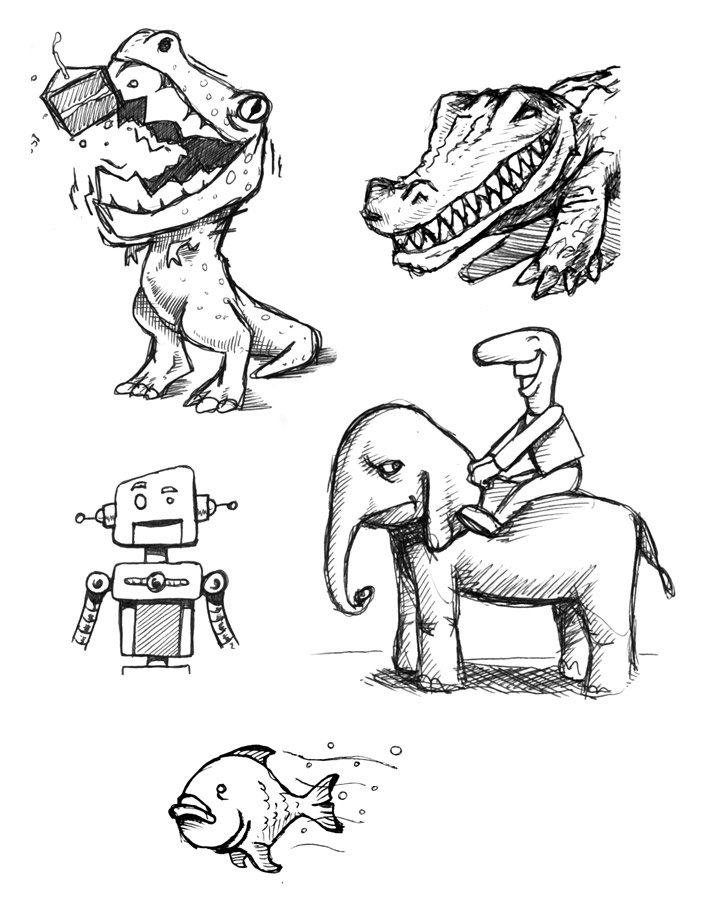
Photo Credit by: bing.com /
Work Plan Stock Photo. Image Of Designer, Paper, Contents - 105461408
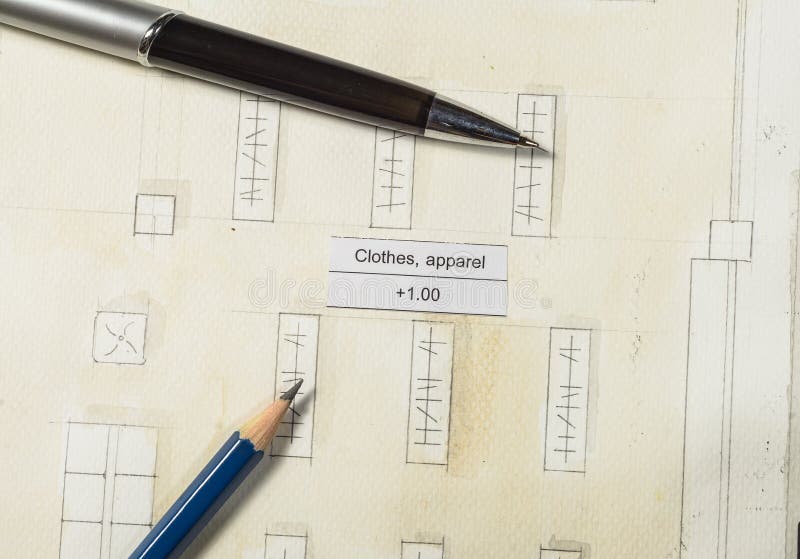
Photo Credit by: bing.com /
Building Drawing Plan At PaintingValley.com | Explore Collection Of
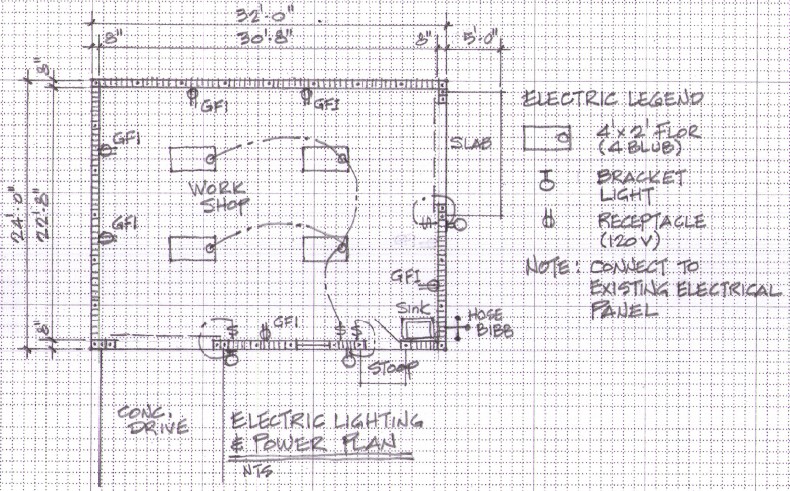
Photo Credit by: bing.com / plan building drawing paintingvalley plans drawings





